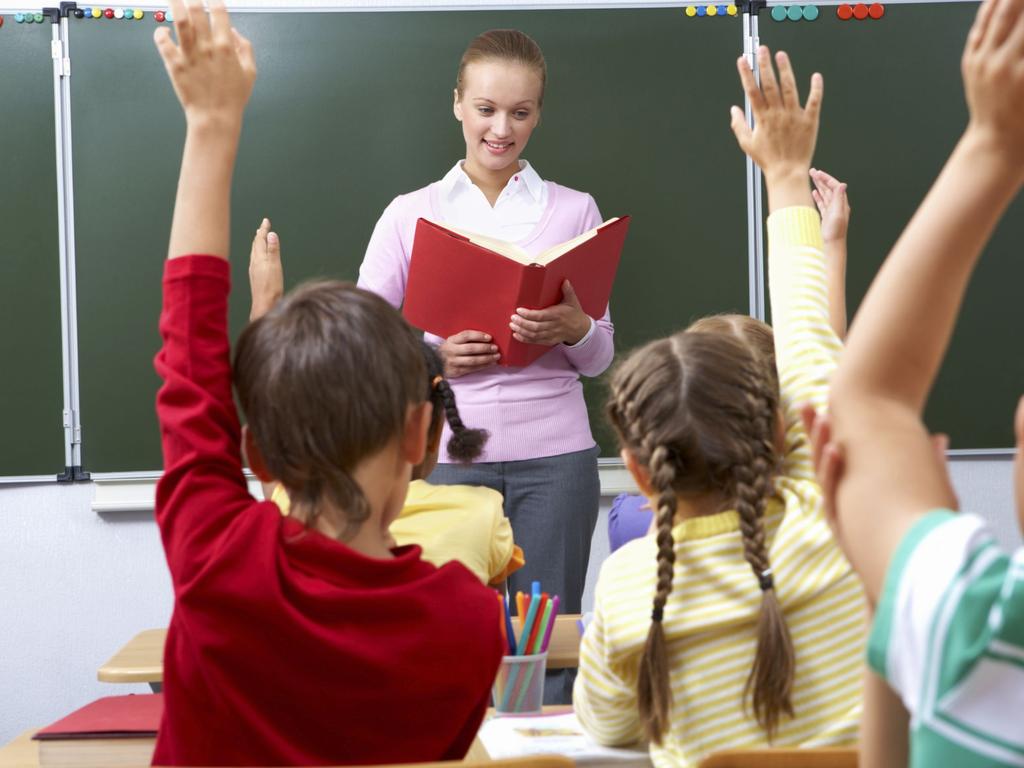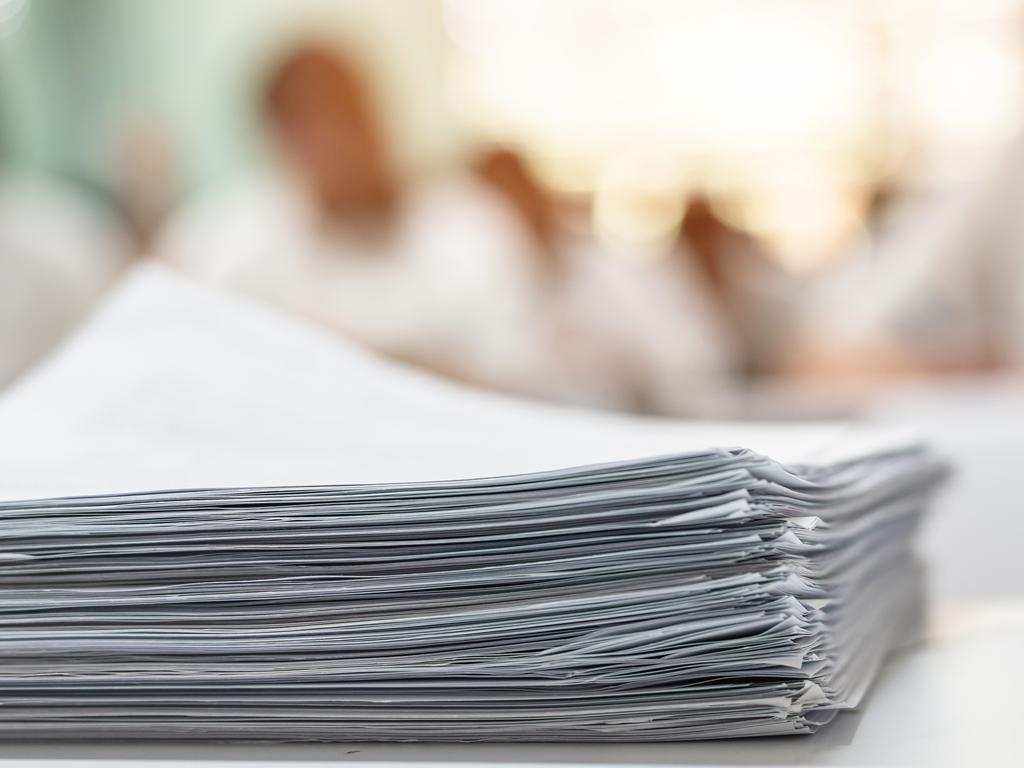Radical pay deal for top NSW teachers
A $30,000 pay rise for ‘expert teachers’ will lift their wages to $147,000 next year, under NSW government plans to plug the school workforce shortage.

A $30,000 pay rise for “expert teachers’’ will lift their wages to $147,000 next year, under NSW government plans to plug the school workforce shortage.
Salaries for senior teachers in NSW will range from $117,000 to $147,000 – the highest in Australia – with pay linked to the time they spend mentoring junior teachers and collaborating with colleagues.
NSW Education Minister Sarah Mitchell will launch a month-long negotiation with teachers on Tuesday to work out the best way to identify and select a new category of “expert teachers’’.
“This approach is about recognising and rewarding the great teachers we have in our public schools, with the aim of keeping them in the classroom where they do their magic,’’ she said.
The Rewarding Excellence in Teaching program, to start as a pilot program next year, was devised by emeritus professor John Hattie, who chairs the federal government-funded Australian Institute of Teaching and School Leadership.
The top wage for a classroom teacher in NSW is $109,978 – paid to half the state’s teachers – although a handful of “highly accomplished’’ or “lead teachers’’ can earn $117,060. The only way teachers can earn more is to work as an assistant principal, with pay of $126,528.
Under the changes, to be finalised after 100 roundtable meetings with teachers across NSW over the next month, expert teachers will continue to spend most of their time in the classroom.
“These roles should not be responsible for people management or supervision and should not be part of the school executive,’’ the NSW Education Department states in a policy paper released on Tuesday.
“Teachers in these roles should be supported …. to share their practice, so it scales across the NSW public school system. Salaries should provide an attractive incentive to stay in the classroom.’’
The department wants to set the top salary at $147,776, on par with deputy principals.
The top teachers will be expected to share resources, let other teachers observe their teaching in person or via webcam, supervise student teachers, collaborate on lesson plans, give feedback to colleagues and develop professional learning for teachers across the state.
The department will ask teachers if they prefer to have a centralised team create videos, guides or professional learning programs from expert teachers’ classroom work, or be given more time out of the classroom to devise their own materials.
Small schools with fewer than five teachers may have to share an expert teacher.
The Education Department will consult teachers about the best ways to identify expert teachers, to ensure “quiet achievers’’ from diverse schools don’t miss out.
Evidence of expert teaching could include observations, student records and work samples, student surveys, references and data showing student improvement in the NAPLAN (National Assessment Program – Literacy and Numeracy) tests.
This year’s NAPLAN tests reveal that year 9 boys are falling further behind in literacy, although more year 3 students excel in reading compared to when national testing started in 2008.
Federal Education Minister Jason Clare said on Monday that teacher shortages were worse in high schools, regional and remote areas and in disadvantaged schools. He worried that the reading and maths skills of high school students had stagnated over the past 14 years. “An even bigger concern for me is that the gap between the reading skills and the maths skills of children from poor backgrounds and children from wealthier backgrounds is getting bigger,’’ he said.








To join the conversation, please log in. Don't have an account? Register
Join the conversation, you are commenting as Logout